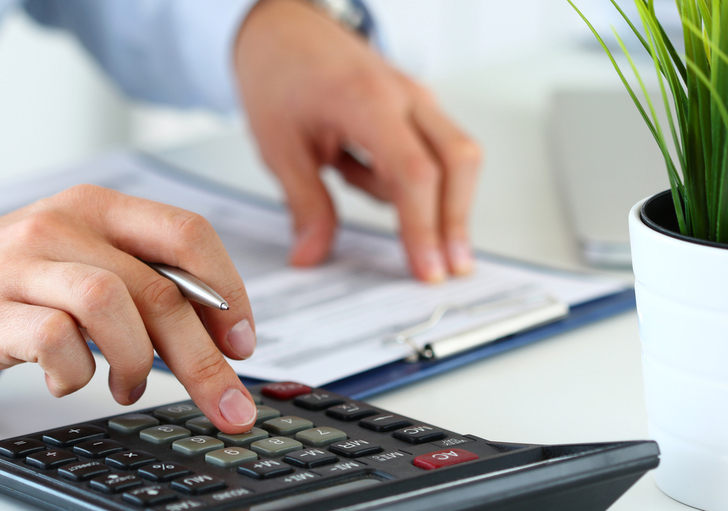Now that the tax season is here, taxpayers are getting excited to receive their tax refunds.
Americans love their tax returns. In fact, according to the Internal Revenue Service (IRS), over 111 million Americans received their tax return in 2019. The average refund a taxpayer received last year amounted to roughly $3,000.
Financial experts advise taxpayers to withhold their taxes to have better cash flow; hence, be able to manage their funds effectively. Despite that, some taxpayers still opt to receive a higher amount of tax return at a lump sum.
According to a survey from Kiplinger’s Personal Finance magazine and Barclays U.S. Consumer Bank, 63% opted to receive a refund while the remaining 37% would rather have a bigger paycheck.

The tax refund amount may seem pleasing for many, but the problem lies in what comes after receiving their long-awaited money. To take advantage of your tax return, use these strategies to make use of your money wisely:
Pay Off Debt
Nothing compares to the relief you feel after paying off high-interest debt. Typically credit card debt, or even medical bills and student loans, you will thank yourself later for buying off your peace of mind.

Have Your Money Sent to Multiple Accounts
Splitting your tax refund to different accounts such as your savings account, checking account, and investment account help you have your money allocated wisely. There is an IRS program called a direct deposit, a free service that can have your tax refund electronically deposited to up to three of your financial accounts.
Invest in an IRA
Getting yourself ready for the future is something you will be thanking yourself for later, for instance investing in your Individual Retirement Account (IRA). Funding a traditional IRA or Roth IRA gives you the extra cushion during your retirement. If you are 50 or over, a catch-up contribution of up to $6,500 is an option.

Secure an Emergency Fund
Now that you have extra cash on hand, be reminded of the power of having an emergency fund. The thought of having a stashed fund that you can use in times of need gives you and your family the feeling of security in case someone loses a job or needs medical attention.
In the 2019 report “Rules of Thumb in Household Savings Decisions” by economists Emily Galagher and Jorge Sabat, low-income households that have at least $2,467 in their emergency fund have a low chance of having financial problems in the future.





